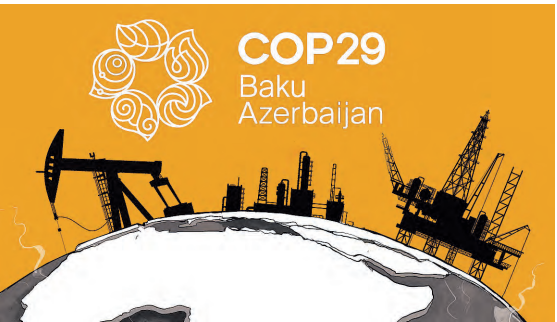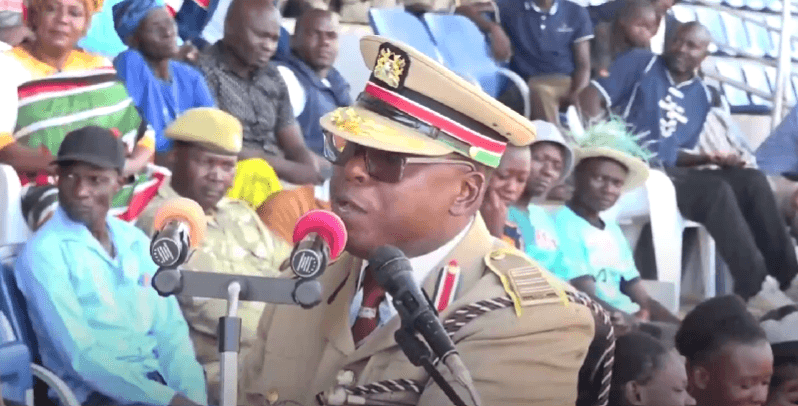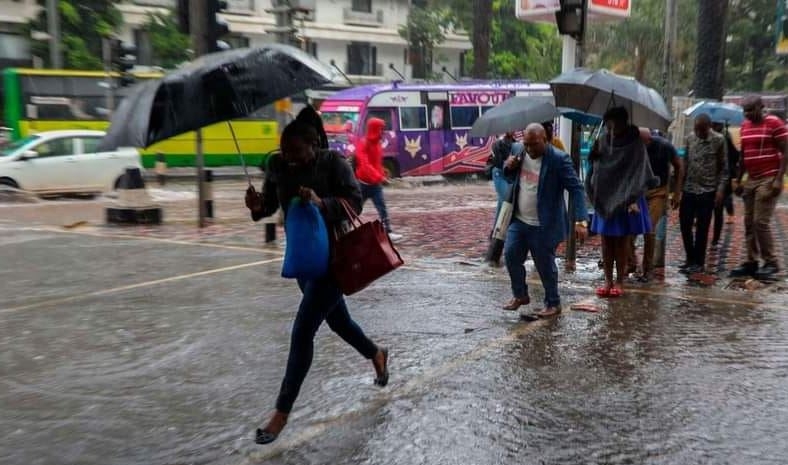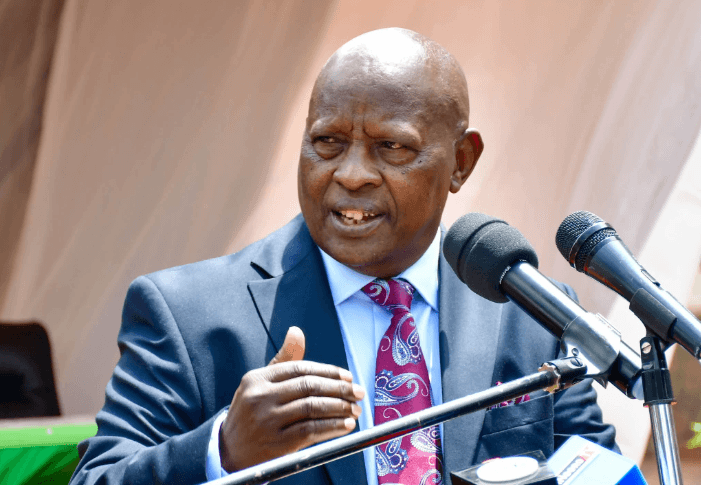

Inviting fossil fuels producers to the United Nations Conference on the Climate Crisis is like hosting arms manufacturers at a global peace summit.
Yet this is what it is for the annual Conference of Parties to Climate Accords.
And, countries whose economies thrive on fossil fuels have hosted COPs, whose main agenda is cutting carbon emissions to moderate climate change.
The United Arab Emirates hosted COP28 a year after COP27 in Sharma El Sheikh, Egypt.
Like in the current COP29 in Baku, Azerbaijan, cynics observe the dominance of fossil fuel delegations.
The host president referred to fossil fuels as a ‘gift from God.'
The coal, oil and gas companies have thousands of representatives working to control COPs.
Their filibustering was also noted during the Madrid COP25 in 2019.
During COP27, petro - states vetoed references to a ‘fossil fuels phase-down’ in its resolutions.
These challenges impede progress in climate negotiations, especially financing.
Previous pledges of funding have not been fulfilled.
Compensation for loss and damage, which pits polluters against their victims, is contentious.
Al Gore, a former US vice president, and a lead voice for reduction of carbon emissions, gives COP contradictions a fresh momentum in a blistering Ted Talk.
Al Gore warns the fossil fuels industry has brazenly gained de facto control of the annual conference.
“They use fraud and falsehoods on an industrial scale. And by lavishly funding their legacy networks of political and economic power, they have captured the policymaking process in too many countries,” he says.
The Baku COP confirms the contradictions that attend these meetings.
Major polluters are missing in Baku, as Donald Trump, an influential climate change denier, reclaims control of policy in Washington.
The incoming administration warns it will pull the US out of all climate change agreements.
Trump returns with his pro-fossils fuel chorus, ‘Drill, Baby Drill!’ e ‘Trump Effect’ is being felt in Baku.
Argentina, also under the leadership of a climate change denier, recalled its delegations from the Baku conference, days after they registered.
Argentinian President Javier Gerardo Milei is an anti-climate science ally of President Trump.
They consider climate change a hoax.
Major fossil fuels producers – US, China and India – have spurned the Baku conference to avoid accountability and moral responsibility for defiling the ecosphere.
Other major fossil fuels producers include Russia, United Arab Emirates, Saudi Arabia, Norway, United Kingdom and Northern Ireland.
President Yoweri Museveni of Uganda ducked the Dubai expo.
He also spurned Africa Climate Summit last year in Nairobi, to protect Uganda’s national interest.
Uganda is relying on fossil fuel production to spur its economy after 40 years of Museveni rule.
The East Africa Crude Oil Pipeline will displace 100,000 people across Uganda and Tanzania.
It will spew toxic waste along the path, and compromise drinking water for 3 million people.
The oil pipeline will also generate more greenhouse gas emissions than the combined carbon footprint of the two countries.
While pro-green forces globally are advocating elimination of dirty energy, TotalEnergies, a French multi-national, will explode carbon bombs from its Uganda project.
‘The 2023 Production Gap Report: Phasing Down or Phasing Up’, an international climate change management report, finds that top fossil fuel producers plan more extraction despite their promises to abate global heating.
The upscale of production contradicts previous commitments to limit the emission of greenhouse gases that drive global warming.
Stockholm Environmental Institute, Climate Analytics, E3G, International Institute for Sustainable Development and United Nations Environment Programme produced ‘The 2023 Gap Report: Phasing Out or Phasing Up’. E3G, an independent European climate change think tank, is made up of leading strategists on the political economy of climate change.
Climate Analytics is a global climate science and policy institute, supporting climate actions aligned to the 1.5 degrees centigrade warming limit.
OKECH KENDO is a University journalism lecturer and climate change local actions advocate













